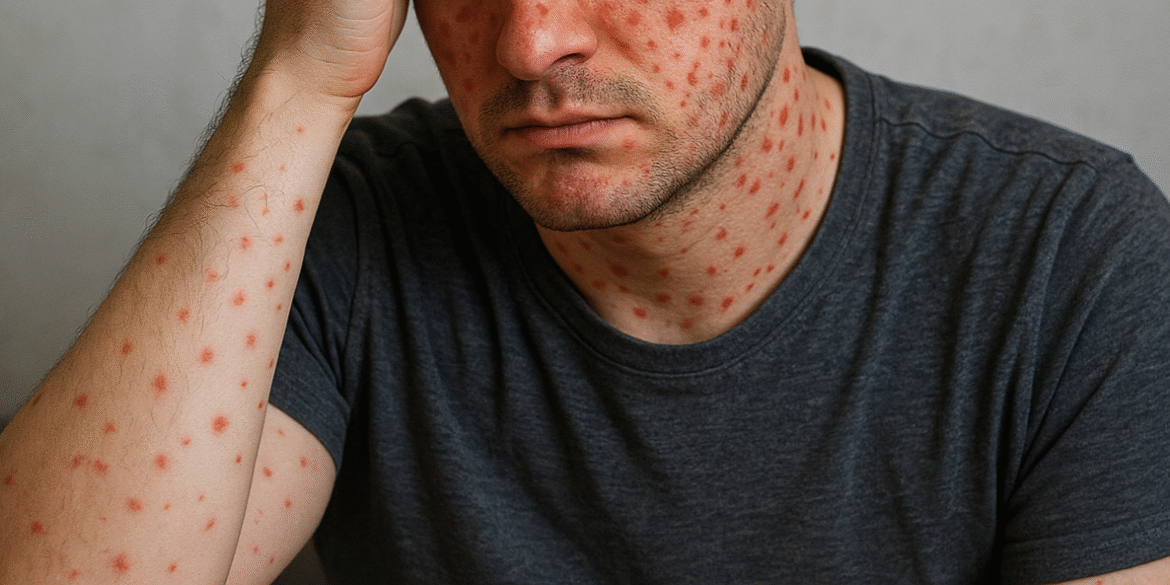As of May 2025, the United States is experiencing one of its most significant measles outbreaks in decades, with 1,046 confirmed cases across 31 states. This marks the second-highest annual case count in 25 years, trailing only the 1,274 cases reported in 2019. Health officials attribute the resurgence to declining vaccination rates and increased international travel, both of which have enabled the rapid spread of this highly infectious disease.
Texas at the Epicenter
Texas has become the epicenter of the current outbreak, with 728 confirmed cases as of late May. Gaines County has been particularly hard hit, reporting 408 cases alone. The outbreak has spilled over into neighboring states, including New Mexico, Oklahoma, and Kansas. In New Mexico, health authorities have confirmed 78 cases, underscoring how quickly the virus can cross state lines when vaccination coverage is inadequate.
Unvaccinated Populations at Greatest Risk
The Centers for Disease Control and Prevention (CDC) reports that about 96% of current measles cases involve individuals who were either unvaccinated or whose vaccination status is unknown. Children under 19 make up the majority of cases, and approximately 12% of patients have required hospitalization due to complications. Tragically, three measles-related deaths have been reported so far this year—two involving unvaccinated children in Texas and one affecting an adult in New Mexico.
Public Health Response and Vaccination Efforts
Public health authorities are intensifying efforts to boost vaccination rates and halt the outbreak. The MMR vaccine, which protects against measles, mumps, and rubella, is highly effective—providing 97% protection after two doses. The CDC recommends maintaining at least 95% vaccination coverage to achieve herd immunity. However, U.S. coverage has slipped, falling from 95.2% during the 2019–2020 school year to just 92.7% in the 2023–2024 academic year, creating vulnerabilities in community protection.
Notable Exposure Events
Large public gatherings have also played a role in the outbreak’s spread. One major incident occurred on May 15 when a measles-infected individual attended a sold-out Shakira concert at MetLife Stadium in New Jersey. The event drew over 55,000 attendees, prompting public health officials to issue alerts urging concertgoers to monitor for symptoms—such as fever, cough, red eyes, and rash—and seek medical attention if needed.
Addressing Vaccine Hesitancy
To counter vaccine hesitancy, officials are ramping up educational campaigns aimed at dispelling misinformation and reinforcing the safety and importance of the MMR vaccine. Public health agencies are encouraging healthcare providers to engage in open conversations with patients, especially parents, to address concerns and build trust around immunizations. These efforts are crucial to reversing the recent downward trend in vaccine uptake and preventing future outbreaks.
The current measles outbreak serves as a stark reminder of the critical role vaccination plays in public health. Without broad community immunity, even diseases once considered under control can re-emerge with serious consequences. Health officials continue to stress the urgency of immunization—not just to protect individual health, but to safeguard entire communities.

